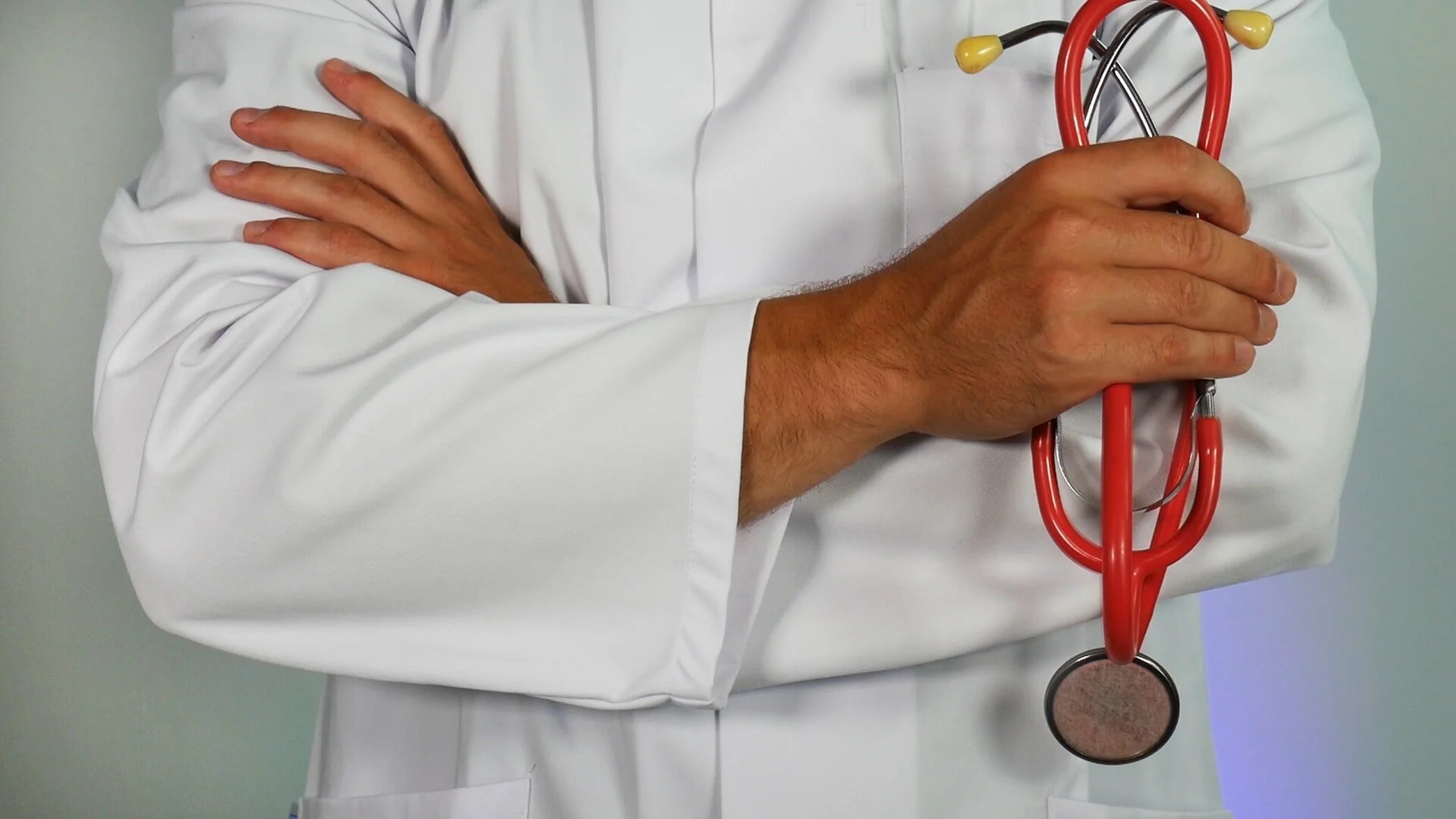Here’s Why It’s Difficult To Balance What Recovery Tells You With What Your Doctor Tells You
I’ve written before about how eating disorders and food allergies — or in my case, Coeliac disease — coexist in a tricky way, and how that subsequently affects the recovery process. But I’ve found, more so in the past few months, that it goes way beyond that. I’ve recently been diagnosed with not one, but two, new chronic illnesses, upping my tally to a total of four that I find myself trying to balance. I’ve had my fair share of appointments with my doctors and specialists, and they’ve all got something to say. And whilst that’s all well and good, having finished my treatment for my eating disorder and going at recovery alone, there are times whilst sat in the chair at the doctor’s office that makes it really tough to keep on the straight and narrow.
My main problem is that the messages that we’re fed by our health professionals don’t exactly match up to those that we’re encouraged to remember when facing the climb to recovery. And trust me, it’s sometimes much easier to buy into the notions that encourage our disorder than those that fight for our mental health. Think about it: one of the first steps towards recovery is ditching the scales and the obsessive number mentality that goes along with it. Yet, regardless of whatever ailment you’ve gone to visit your GP for, one of the first steps in his or her check-up generally goes by the words, “Okay, if you could pop on the scales for me…”
Then — for me at least — there’s a passing comment about my BMI, immediately followed by “we need to do something about this because you’re at a very significant risk of blah blah blah.” I’m recommended a diet that will help shift the weight to get me back down to a healthy weight (whatever that supposedly is). What does that mean for my recovery, where dieting or any kind of intentional weight loss is condemned? Of course, I’m somewhat clued up on anti-fat medical bias and Health At Every Size — enough to be able to smell the bullshit, at least — but when you’re in a disordered mindset, the last thing anyone really needs is a slither of encouragement.
One of the main symptoms of both of my recent diagnoses is weight gain. That’s just the way it is. Whilst weight gain in itself doesn’t bother me, there’s something to be said for the mind games that it can play on you when — in your mind — you’re doing recovery ‘properly’. It leaves you questioning whether what you’re eating is too much, or if the hunger cues that your body is responding to are wrong, and it’s easy to encourage purging and other compensatory behaviours. Yet, when you take the recovery road and accept that your body will naturally readjust and find the set point that it’s comfortable with, doctors will remind you of your steadily creeping weight, and they will find a way to blame you.
The list goes on, with recovery telling you that ‘no food is bad food’, yet in the next breath, your doctor is advising you cut out x, y, and z. For your health. For me, exercise has played a part as both a blessing and a trigger throughout my teenage and adult years, and my ability significantly plummeted when my lungs failed. Despite my history, and the slow and turbulent increase in fitness, as well as my background of eating disorders, doctors will still tell me to do more, or shame me for ‘clearly’ not doing enough. You have a heart condition. Cardiac arrest is fun for no-one.
Even beyond the doctors, my new medication seems to find a way to hinder my recovery. A large part of my treatment was about listening to my body and eating when I’m hungry. Now, if I’m hungry when I wake up, I have to wait over an hour after taking my morning medication before I can even consider breakfast. Further than that, there’s restricting for blood tests and other procedures. Whilst I of course understand why this is the case, it doesn’t necessarily mean that it’s the most helpful when you’re desperately trying to navigate meals and build on your relationship with food.
The above points only lightly scratch the surface of a very select few issues involving the dichotomy between eating disorder recovery and medicine, and there are plenty more (I have word counts to consider, remember). These are just through my experience with recovering from an eating disorder and juggling chronic illnesses. My heart goes out to those living with disabilities whilst tangled up in the ED recovery web, who live their lives even more so revolved around doctors and hospital appointments and procedures, where weighing, restriction, and other forms of close monitoring are normalized in the name of medicine.
Recovery is far from an easy journey, and it’s certainly not helped by the mixed messages we receive from doctors — whether they’re attached to a serious health concern, or even just a simple check-up. There’s a lot to decipher when we experience such things when seeking advice from a health professional, and triggers and potential for damage should never, ever be a part of it. As much as the medical system involves a lot of non-recovery friendly practices that we can’t avoid, bedside manner is something that shouldn’t be avoided — especially when in many cases, your GP is the one who referred you for treatment in the first place. If you’re seeing a specialist who is unaware of your history, make them aware. Set your boundaries and make them respect them. Take the steps you need to advocate for yourself, and remember that you deserve your recovery and it is a priority, regardless of what a healthcare provider tries to tell you.









